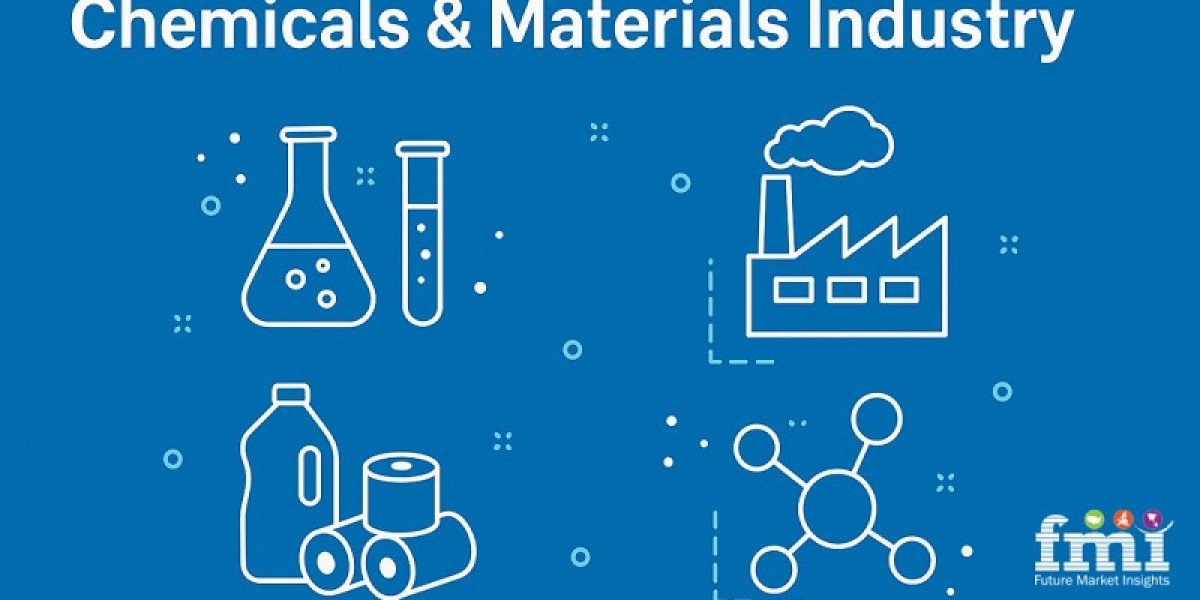The global paper bags market is undergoing a fundamental transformation, with a new forecast projecting its value to grow from USD 6.79 billion in 2025 to USD 10.44 billion by 2035. This robust growth, at a Compound Annual Growth Rate (CAGR) of 4.4%, signals a definitive shift away from single-use plastics and toward a more sustainable, high-performance packaging solution. This expansion represents a lucrative incremental opportunity of USD 3.9 billion, with the market poised to increase its current value by 1.6 times.
To Gain More Insights about this Research, Visit! https://www.futuremarketinsights.com/reports/paper-bags-market
This growth is primarily fueled by a powerful combination of global regulatory mandates and a dramatic change in consumer behavior. The food & beverage sector, which already commands a substantial 46% market share, is at the forefront of this movement. As plastic bag bans become more widespread, restaurants, bakeries, and grocery stores are increasingly adopting paper bags for take-out and delivery. Paper bags are not only a compliant alternative but also a powerful tool for businesses to project an eco-friendly brand image.
Engineering Strength and Sustainability for Modern Business
For businesses concerned about the durability and cost-effectiveness of paper bags, the market is addressing these challenges with advanced materials and innovative designs. Brown kraft paper, which captures over 70% of the market, is the material of choice due to its superior durability, affordability, and eco-friendliness. Made from virgin wood pulp with minimal chemical processing, it offers high strength and tear resistance, making it an ideal, cost-effective, and sustainable solution for everything from heavy-duty industrial packaging to retail grocery bags.
The industry is also innovating to deliver specialized, high-performance products for specific applications. The pasted valve bags segment holds a significant 32% market share in 2025, a testament to its superior durability and efficiency in high-volume operations. These bags are essential for industries like cement, food, and chemicals, where they provide a dust-free and fast-filling solution that minimizes spillage and waste. Similarly, the two ply segment leads in thickness, with a 38% market share, offering an optimal balance of strength, lightweight design, and recyclability. This makes it the preferred choice for a wide range of uses, including retail groceries, organic stores, and food delivery.
Beyond materials, design innovations are transforming the functionality of paper bags. Features like reinforced gussets, square-bottom structures for better load-bearing, and advanced lamination for water and grease resistance are becoming standard. These upgrades not only help paper bags replace single-use plastics but also allow them to compete with more rigid packaging formats.
Navigating a Global Regulatory Landscape
Businesses must contend with a complex and ever-changing global regulatory environment. The paper bags market provides a compliant solution that is fully aligned with these regulations. Countries in the EU now mandate minimum recycled content and compostable labeling for shopping bags, while in North America and Asia, municipal plastic bans are accelerating the shift to certified paper alternatives.
This is particularly evident in key growth regions:
- The USA market's growth (3.3% CAGR) is a direct result of state-level plastic bag bans in places like California, New York, and Oregon.
- Germany boasts Europe's strongest environmental policies, with its strict adherence to the EU Single-Use Plastics Directive and a highly developed recycling infrastructure that supports the circular economy.
- China (5.3% CAGR) and India (5.5% CAGR) are experiencing rapid growth as they enforce plastic waste bans and embrace paper bags for their booming e-commerce and retail sectors.
This strong regulatory push is not a hindrance but a powerful tailwind for the market, making paper bags a strategic and essential investment for companies that want to expand into these regions while meeting their own corporate social responsibility goals.
Request Your Sample and Stay Ahead with Our Insightful Report! https://www.futuremarketinsights.com/reports/sample/rep-gb-2765






